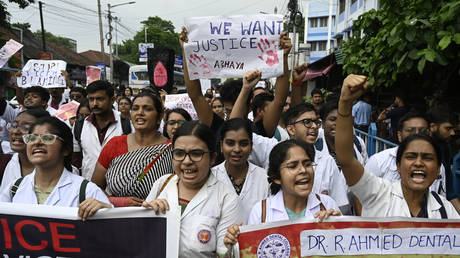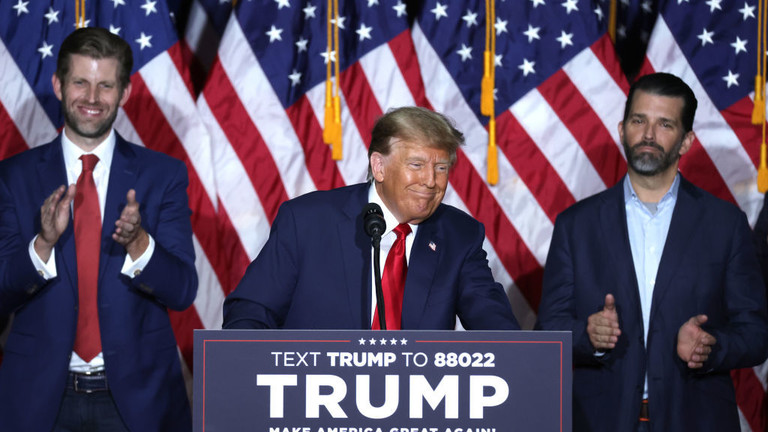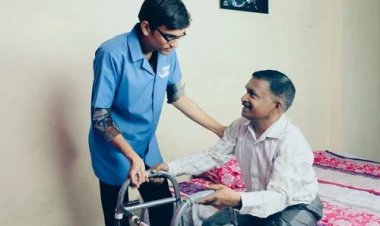Indian medical professionals go on nationwide strike
Doctors in India have launched a nationwide protest against the brutal murder of their colleague in Kolkata, West Bengal

A massive protest erupted in the country after a trainee doctor on duty was raped and killed in Kolkata
Doctors in India have launched a 24-hour nationwide strike to protest the brutal rape and murder of a doctor in Kolkata, the capital of West Bengal, last week.
The Indian Medical Association (IMA), an organization which represents the interests of medical professionals in the country, have announced a nationwide withdrawal of non-emergency medical services, demanding better working conditions and stronger laws protecting doctors in the workplace.
The Saturday strike follows a week of protests that erupted across the country after the mutilated body of a 31-year-old female doctor, who had been working a night shift, was discovered in a seminar hall at the government-run R.G. Kar Medical College and Hospital. Amid the outcry, New Delhi deployed a team of experts from its Central Bureau of Investigation (CBI) to launch an inquiry into the suspected rape and murder. Sanjoy Roy, a guard at the hospital, has been identified as the prime suspect and arrested.
Despite the ongoing investigation, on Thursday, a violent mob vandalized the emergency ward, nursing station, and parts of the outpatient department at the hospital, compromising the safety of staff and patients. Kolkata Police announced on Friday that they had arrested 19 people in connection with the vandalism and violence in the city. West Bengal’s Chief Minister Mamata Banerjee led a protest rally in Kolkata on Friday, demanding the death penalty for the accused.
The IMA described the incident as a “crime of barbaric scale,” blamed “the lack of safe spaces for women” and sought national support for the shutdown.
The doctors’ association has put forth five demands, including a thorough overhaul of the working and living conditions for resident doctors, and special legislation to address violence against doctors and hospitals, according to The Hindu newspaper. Addressing the nationwide outcry over the incident, Prime Minister Narendra Modi commented on violence against women during his Independence Day speech on August 15. While condemning these acts, he emphasized the need for the punishment of the perpetrators to be widely publicized.
This latest case and the ensuing outrage have drawn comparisons to the infamous 2012 “Nirbhaya case,” in which a 23-year-old physiotherapy intern was beaten, gang-raped, and brutally tortured in a moving bus in New Delhi, leading to massive protests and demands for stricter laws to combat violence against women.
Although the Indian government eventually introduced a set of measures, including legislative changes, the country continues to contend with high levels of crimes against women, including sexual violence. The National Crime Records Bureau (NCRB) report for 2022 (the latest available) noted a 4% increase in crimes against women compared to the previous year, with a total of 445,256 cases recorded. Approximately 30,000 rape cases are officially registered annually; however, experts note that many cases go unreported due to social stigma.






















